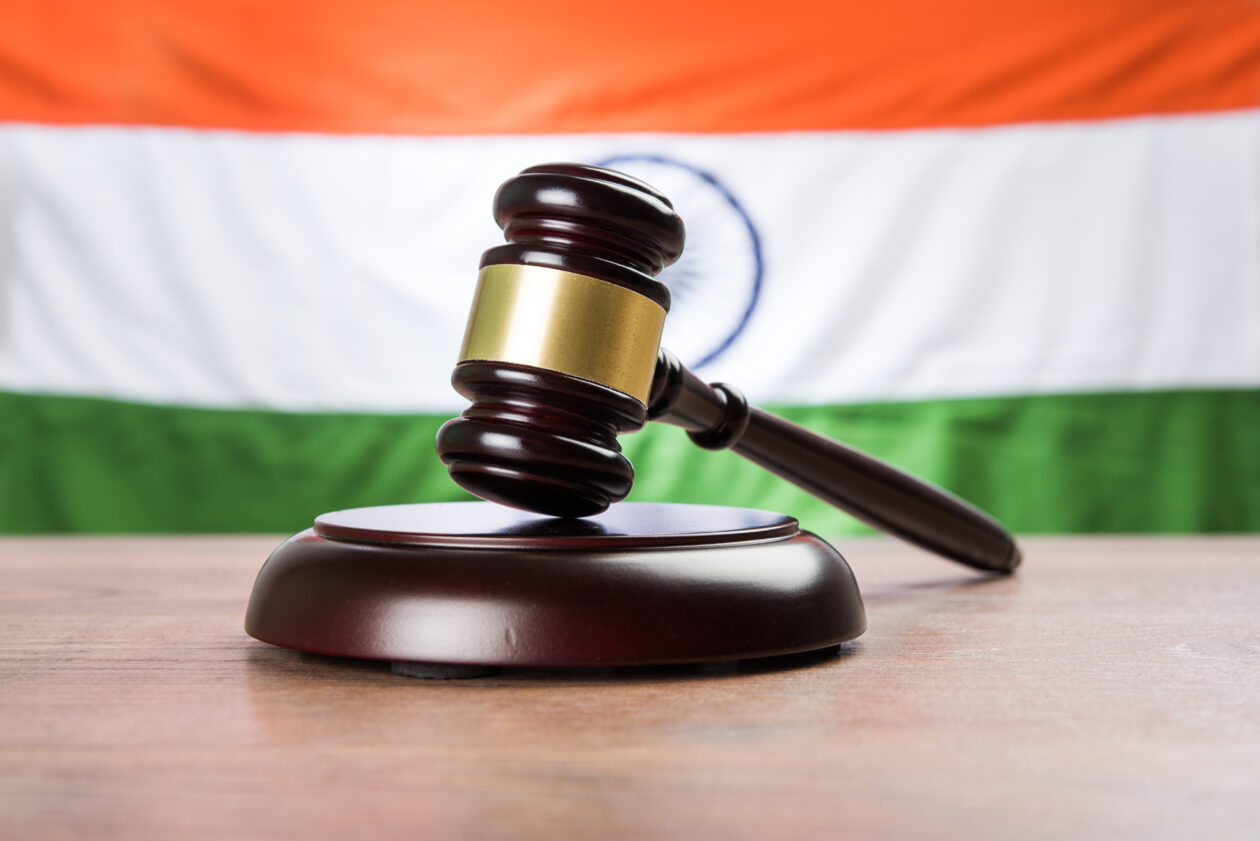India is taking a significant step towards regulating the cryptocurrency industry by expanding the Prevention of Money Laundering Act (PMLA) to include digital assets.
The move will require cryptocurrency exchanges in India to conduct due diligence on transactions and report suspicious or high-value transactions to the authorities, as the nation expands the Prevention of Money Laundering Act to digital assets.
Prior to this, Indian crypto exchanges typically provided transaction information when requested by authorities.
The PMLA will now cover exchange between digital assets and fiat currencies, exchange between one or more forms of digital assets, the transfer of digital assets, safekeeping or administration, as well as participation in and provision of financial services related to sale of a virtual digital asset (VDA).
Rajagopal Menon, the vice president of WazirX, India’s largest cryptocurrency exchange by trading volume called these changes “baby steps” towards regulation.
“Governments are realizing that we need to formalize this industry while we are waiting for a comprehensive law. And this is not a small industry anymore [with] lots of big monies at stake,” Menon told Forkast.
India’s financial crime fighting agency, the Enforcement Directorate, has been investigating at least 10 crypto exchanges for alleged money laundering, including WazirX and Binance, as well as individuals defrauding investors of their money and allegedly transferring illegal profits to overseas accounts.
India’s Ministry of Finance said on Monday that the Enforcement Directorate is investigating “several cases” related to cryptocurrencies, under the provisions of PMLA and Foreign Exchange Management Act. So far, proceeds of crime amounting to about US$115.7 million have been seized while five persons have been arrested under money laundering charges.
Getting clarity
Crypto exchanges are meeting Indian authorities to iron out the process and clarify doubts.
“All the detailed manuals, instructions and the processes to be followed will be ironed out in follow-up meetings with India’s Ministry of Finance,” Menon told Forkast.
Crypto exchanges may also be required to provide information in greater detail, Menon said. A few of the top crypto exchanges in India have been self-regulating and complying with anti-money laundering norms, including providing detailed know-your-customer information and back-checking and validating all documents from customers.
“We have been voluntarily conducting these compliances for a while now, but happy to see that this has now been made into law,” Sumit Gupta, co-founder of CoinDCX, India’s first crypto unicorn, said on Twitter.
“We have been looking for a way to share data with the [Financial Intelligence Unit-India] for some time now. My team and I are still looking at the fine print, such as the inclusion of the transfer of VDAs,” Gupta said.
The inclusion of VDA transactions into the PMLA is a positive step in recognizing the sector and will strengthen collective efforts by crypto exchanges to prevent VDAs from being misused by bad actors, according to Ashish Singhal, co-founder of crypto exchange CoinSwitch.
Regulation over ban
India has long viewed digital assets with suspicion, going so far as to impose a 30% flat tax on all crypto income and a 1% tax deducted at source (TDS) on all crypto trades above 10,000 Indian rupees (US$121). The South Asian nation also does not allow crypto traders to offset losses against gains, and imposes a penalty equal to TDS for non-deduction, interest of 15% annually for late payment, and even imprisonment.
According to Esya Centre, a technology policy think tank in India, about US$3.8 billion of digital assets may have moved to offshore crypto exchanges from India between February and October 2022, as traders tried to avoid tax levies.
India, the current president of the Group of 20 (G20), aims to regulate the crypto industry instead of imposing a complete ban as suggested by the country’s central bank, the Reserve Bank of India.
The global Financial Stability Board (FSB), an international body that monitors and makes recommendations about the global financial system, is expected to submit recommendations on the crypto-asset markets and activities by July, according to the G20 chair’s summary and outcome document.
The International Monetary Fund and the FSB’s joint paper on integrating the macroeconomic and regulatory perspectives of crypto assets is expected in September.
“The G20 discussion is part of a broader exercise that involves getting consensus from governments from across the world on crypto regulations. It’s just a matter of time you have serious laws coming into place that govern crypto,” Menon said.

